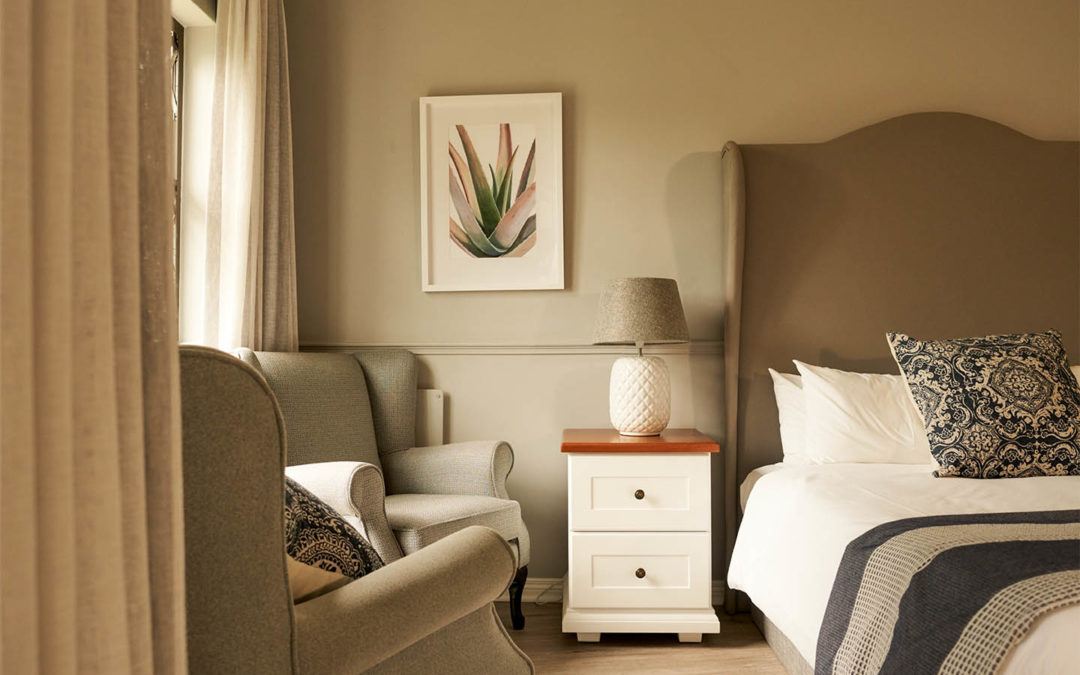It can be really tough on families when a loved one is diagnosed with Alzheimer’s, or any other form of dementia. From learning what the disease is all about and how it affects the loved one, to deciding what the best form of action will be in terms of home care or a dedicated facility, it can certainly take a toll.
Many family members take it upon themselves to first try to care for their loved ones at home, but soon realise that the time required to care for them is more than they are able to provide and start looking for alternative options.
The truth about Alzheimer’s:
The hard truth is that there is no cure for Alzheimer’s disease. It is a ruthless disease for both those looking on, and those experiencing it. Alzheimer’s disease is a progressive disease that slowly destroys memory and other important mental functions.
Creating an Alzheimer’s care plan soon after diagnosis, while they are still able to converse about the decision, will help ensure that care requests from your senior loved one are still considered and incorporated into their life.
Alzheimer’s home caring options:
Many families choose to home care during the early stages of the disease especially if the family member is not yet in a retirement home, or other senior facility. Being able to offer their loved one familiar surroundings and family members they recognise provides them with a little more independence and comfort. However, as the disease progresses, the person with dementia may require more advanced care.
There are a few options when you’re looking for assistance at home, including:
- Alzheimer’s sitters – Alzheimer’s sitters are caregivers that can stand-in for you at your home when you need to go away for a few hours, or a couple of days. Alzheimer’s sitters are home health aides. They are not necessarily qualified nurses, but have received training on how to care for individuals with dementia. In addition to providing general monitoring and care, Alzheimer’s sitters ensure that a loved one eats (and assists with meal time prep), but can also do more of the admin such as phone calls, bill payments, shopping, Drs appointments and even some household chores. An Alzheimer’s sitter is a good option for the very early stages of the disease.
- Day nurse/assistant – Skilled nursing care when the disease progresses and your loved one may require additional medical assistance, but is still in a position to care for themselves for the most part. Day nurses can also alternate for night shifts, adding a helping hand in the evenings.
- Full time nurse/ assistant – Skilled nursing care on a full-time basis. A dedicated nurse that is able to help your loved one dress and bathe, and sees to their medical requirements as much as possible at home, during the day and night. If your loved one is still staying at home, this is usually the time when families start considering specialised residential facilities.
More advanced care options include:
Senior loved ones diagnosed with Alzheimer’s, or another form of dementia, need more than only physical care. Tailored memory care activities should be incorporated in addition to physical care to prolong their lucidity as long as possible with a degenerative disease that affects the mind. Memory care activities are usually tailored to the specific individual and the life they had lived. For example, if the person had played piano in their younger years, piano lessons are incorporated into their activity schedule. Doing activities they used to do, helps to stimulate the neural pathways.
- Specialised facility day care – Specialised Alzheimer’s or dementia facilities, not only have skilled and qualified nursing staff at hand, the staff are usually also specialized in caring for Alzheimer’s or dementia patients – not just the elderly. Day care at such a facility would incorporate memory care activities and bonding with a companion carer who interacts with them for the full period. Day care at a specialised facility is an excellent option if you are away from home for an extended period, or as an addition to home care.
- Specialised facility residency – Being a resident in a specialised facility offers round the clock care with qualified nursing staff and doctors at hand, plus will help the loved one feel at ease about their surroundings as they get accustomed to it. Being in familiar surroundings will help them feel more secure. As a resident they will also have a dedicated companion carer who will help settle them into a new routine.
Livewell is a specialised dementia and Alzheimer’s care facility with residential estates in Bryanston, Gauteng and Somerset West, Western Cape. Livewell offers complete, tailored care for your senior loved one. Livewell is able to offer both a residential, live-in facility or specialised day-care. Speak to one of our family advisors about the options that are best suited to your family.
